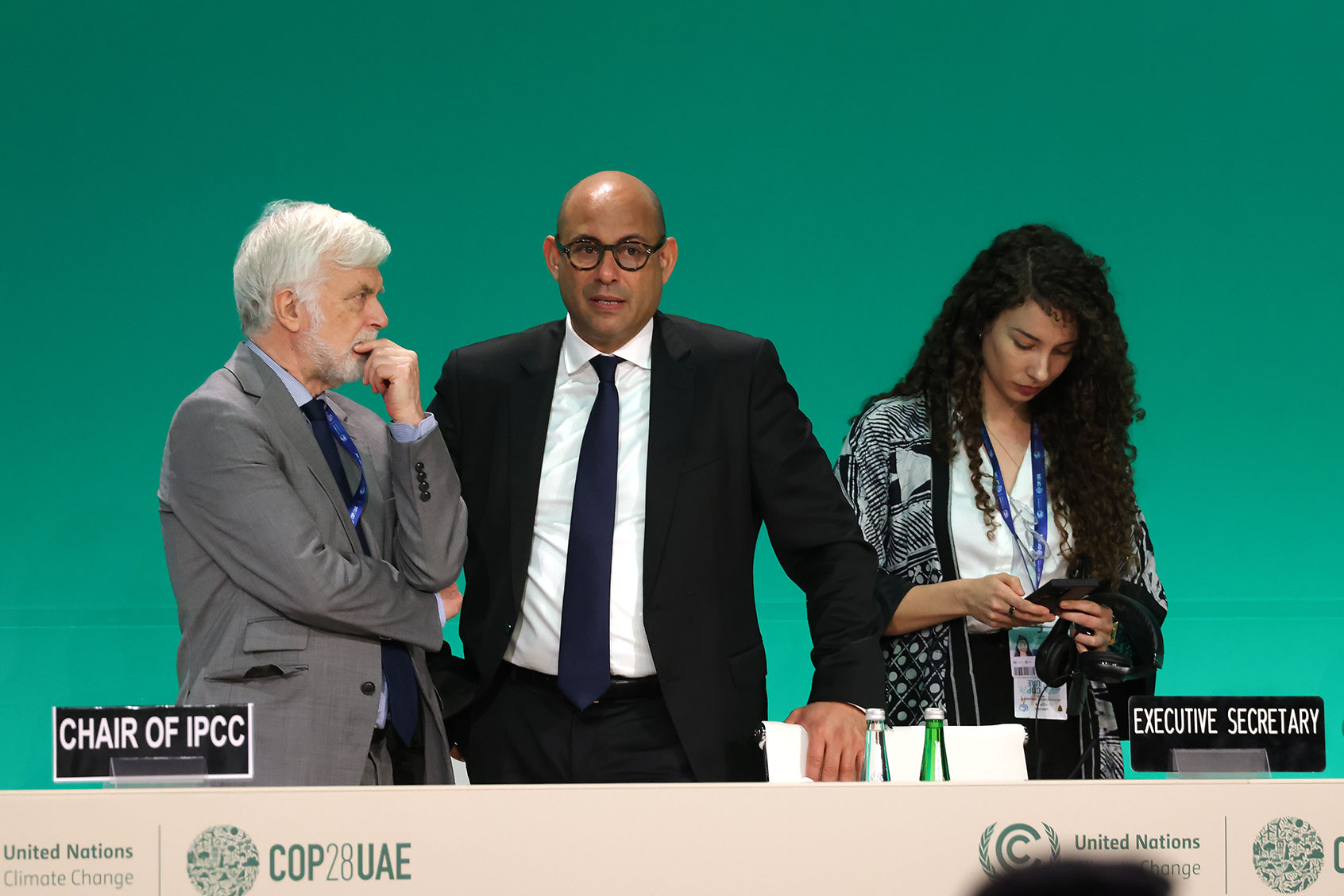Climate scientists currently face a dilemma. A scientist's chief responsibility is to report the observed and analyzed facts as neutrally and accurately as possible. On the surface, this would seem to preclude offering policy recommendations. Yet when comes to an issue as dire as climate change, where the stakes are literally humanity's continued existence, it could be argued that failing to prescribe solutions is equally irresponsible. Five lead authors of a report by the Intergovernmental Panel on Climate Change (IPCC) are now arguing that climate scientists need to be able to make policy prescriptions and oversee their implementation, according to a report by The Guardian.
“At some point we need to say that if you want to achieve this aim set by policymakers then certain policies need to be implemented," Sonia Seneviratne, an IPCC vice-chair and coordinating lead author since 2012, told the Guardian. "As climate change becomes worse and worse, it is becoming more difficult to be policy relevant without being prescriptive.”
Gert-Jan Nabuurs, a coordinating lead author on three IPCC report, reinforced her conclusion. “The IPCC’s critical, independent and guiding roles seem to be less and less evident," Nabuurs said. "As they decline, countries seem to be exerting a larger and larger influence.” He added that the problem for the authors is that "we can’t be policy prescriptive, so we can’t make hard statements on what should be done."
The scientists' comments are being made after it came out that the United Arab Emirates, which is hosting this year's climate summit, was using the event to strike oil and gas deals. Sultan Al Jaber of the United Arab Emirates (UAE), the president of COP28, came under fire on Sunday for saying that any phase-out of fossil fuels would "take the world back into caves" and that "I don’t think [you] will be able to help solve the climate problem by pointing fingers."

